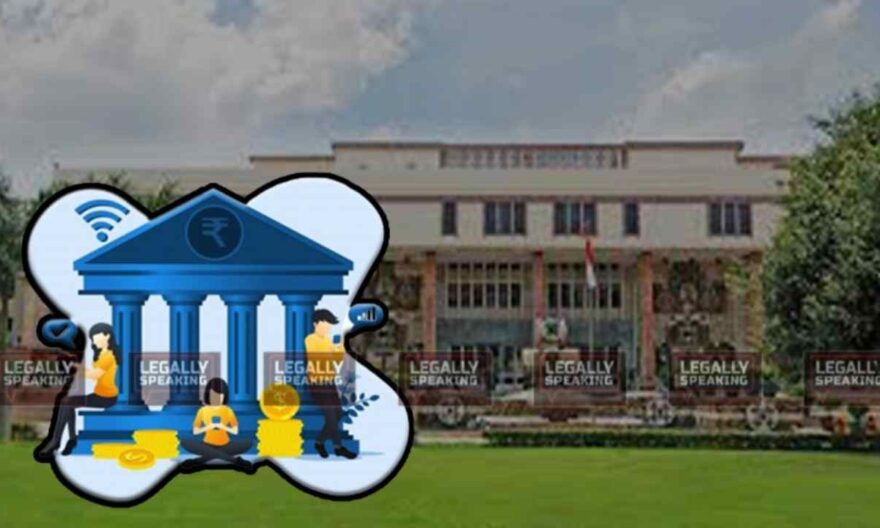
The Delhi High Court has affirmed a lower court’s decision to reject the enforcement of an ex-parte award issued by an arbitrator who was unilaterally appointed by a finance company in a dispute with certain individuals. The bench of Justices Vibhu Bakhru and Amit Mahajan noted that the commercial court had determined the arbitrator to be ineligible under the law, which prohibits the appointment of certain related individuals to the position. Consequently, the court ruled that an award issued by an “ineligible arbitrator” is invalid and cannot be enforced.
The court expressed agreement with the district judge, Surinder S Rathi, who criticized the long-standing practice of Non-Banking Finance Companies (NBFCs) unilaterally appointing in-house arbitrators. The court stated “The Learned Commercial Court has held that an award rendered by a person who is ineligible to act as an Arbitrator by virtue of the provisions of Section 12(5) of the A&C (arbitration and conciliation) Act is a nullity and, therefore, cannot be enforced. It has accordingly dismissed the enforcement petition under Section 36 of the A&C Act with the cost quantified as ₹25,000. This Court finds no infirmity with the aforesaid view.”
It also added, “A person who is ineligible to act an Arbitrator, lacks the inherent jurisdiction to render an Arbitral Award under the A&C Act. It is trite law that a decision, by any authority, which lacks inherent jurisdiction to make such a decision, cannot be considered as valid. Thus, clearly, such an impugned award cannot be enforced.”
Kotak Mahindra Bank Ltd, as the assignee of D.H. Finance Company, filed an appeal before the high court seeking directions to enforce an ex parte arbitral award issued by an arbitrator appointed solely by the company, without involving the other parties or obtaining their consent.
The arbitral award, granted in 2021, awarded a sum of over Rs 4 lakh along with 18% per annum interest in favor of D.H. Finance Company.
In addition to challenging the costs imposed by the commercial court, the appellant argued before the high court that the opposing party had knowledge of the arbitrator’s appointment and did not raise any objections, implying that it is now barred from challenging the award.
However, the court dismissed this argument, stating that the law governing challenges to the appointment of an arbitrator is clear and unambiguous. It concluded that the opposing party did not waive its right to object.
District Judge Surinder S Rathi had previously dismissed Kotak Mahindra Bank’s execution petition concerning the award in an order issued on November 23, 2022.
The judge emphasized that Non-Banking Finance Companies (NBFCs), as significant participants in a developing nation’s financial infrastructure, must operate within the boundaries established by law and should not exceed the limits set by governing statutes, bye-laws, and binding authoritative judgments.
The judge further remarked that “Instead of aligning their Arbitration Agreements/Clauses and Arbitral Practices in consonance with Section 12(5) read with Schedule 7 of Arbitration and Conciliation Act, 1996 post its amendment in 2015, they continued to harp over their age-old law practices of having in-house Unilaterally Appointed Arbitrators.”




